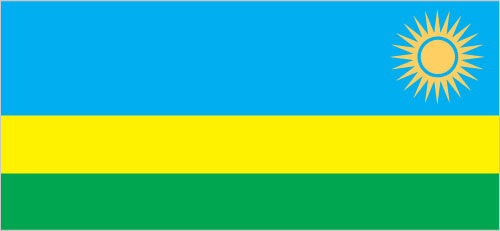Rwanda completed its TNA in 2012.
Agriculture contributes more than a third to the country’s GDP and is the main source of incomes for an estimated 87% of the population. Agriculture has been called the country’s growth engine, but the sector is facing immense challenges from climate change. In recent years, the intensity and frequency of droughts and heavy rains have increasingly affected Rwanda’s rain-fed agriculture systems.
Rwanda’s TNA highlighted off-grid hydropower systems as an important technology, which it showed is widely applicable throughout Rwanda, with the potential for the technology to be deployed on a large scale nationally. The emissions reduction potential of micro-hydropower is significant, as it replaces diesel engine power and to some extent the burning of wood fuels as well.
As a result of the TNA, Rwanda established the KawiSawi investment fund, supported by the Green Climate Fund. Its purpose is to drive off-grid solar power in East Africa, where it through investments in 10-15 clean energy companies will provide household solar technologies. The project has a lifespan of twelve years and it is projected that a total emission of 1.5 million tCO2 will be avoided.
The TNA also showed that a wider scale implementation of micro-hydropower systems will require greater involvement by the private sector in close partnership with, among others, district administrations. Accordingly, the planned activities outlined in the TNA include investments in technical training and awareness raising, and the creation of incentives and improved market conditions through changes to subsidies, taxes and funding opportunities.
The results from the TNA were included in Rwanda’s NDC.
Rwanda’s TNA contributes to the following Sustainable Development Goals:





